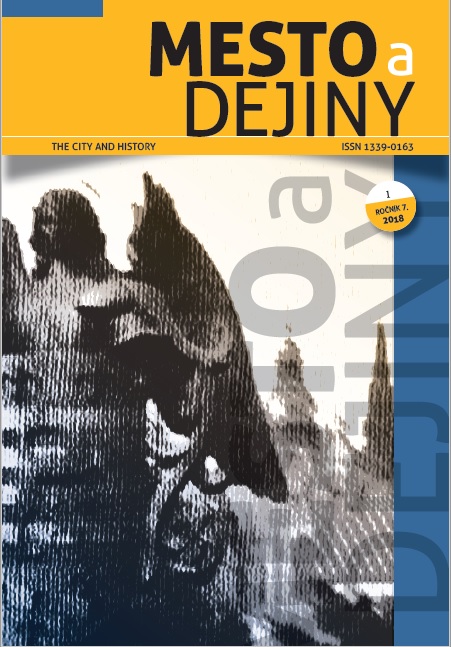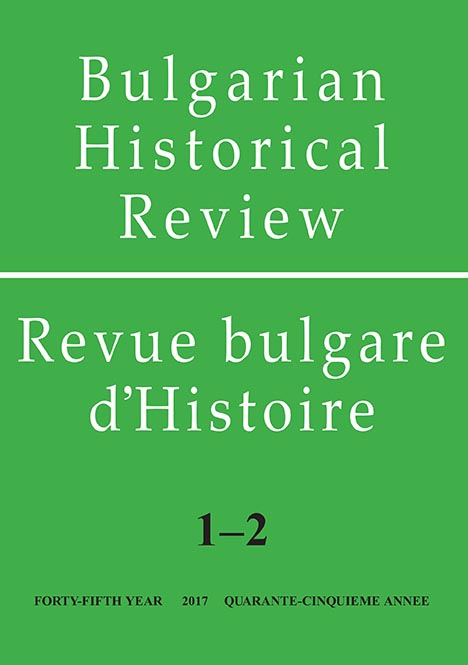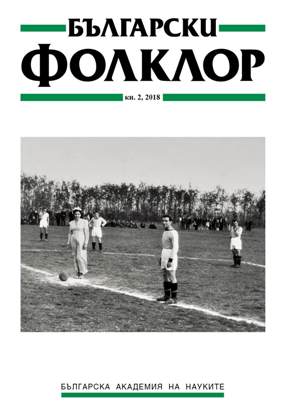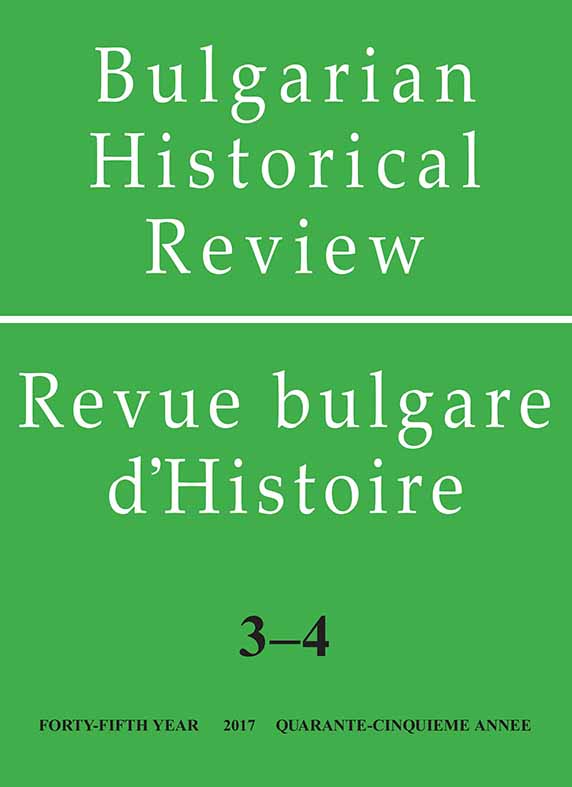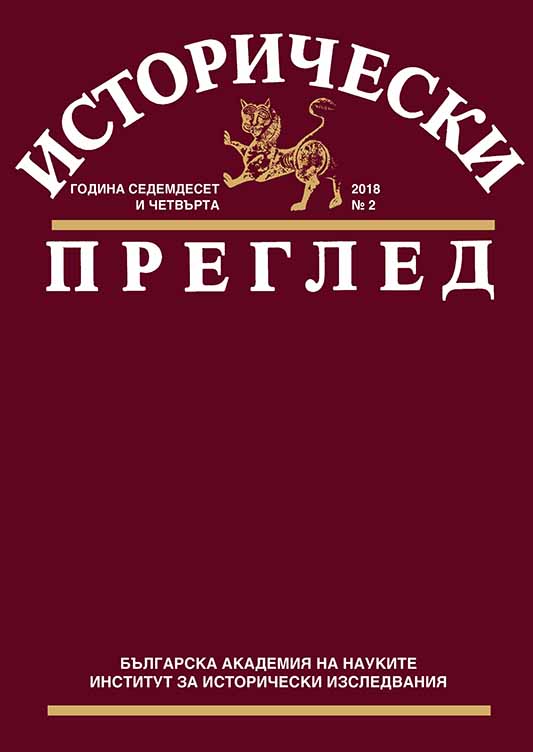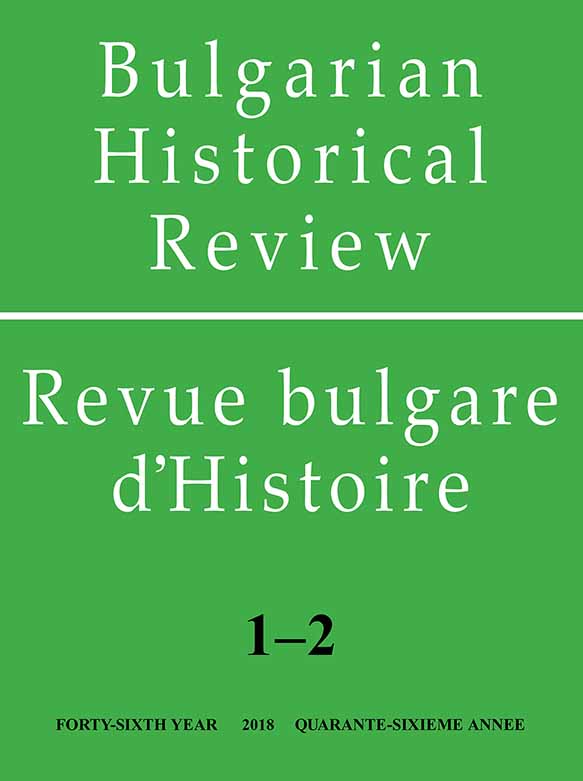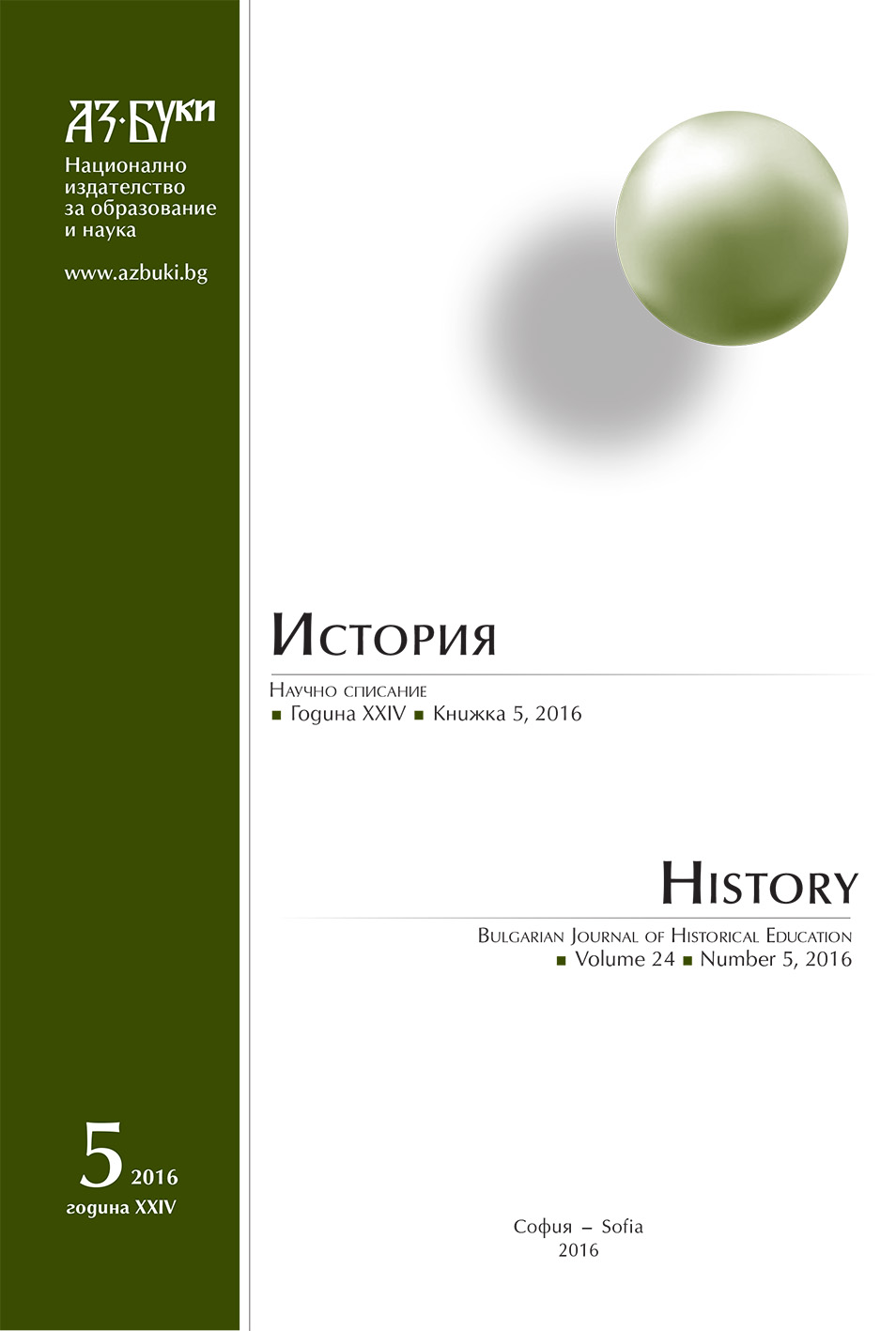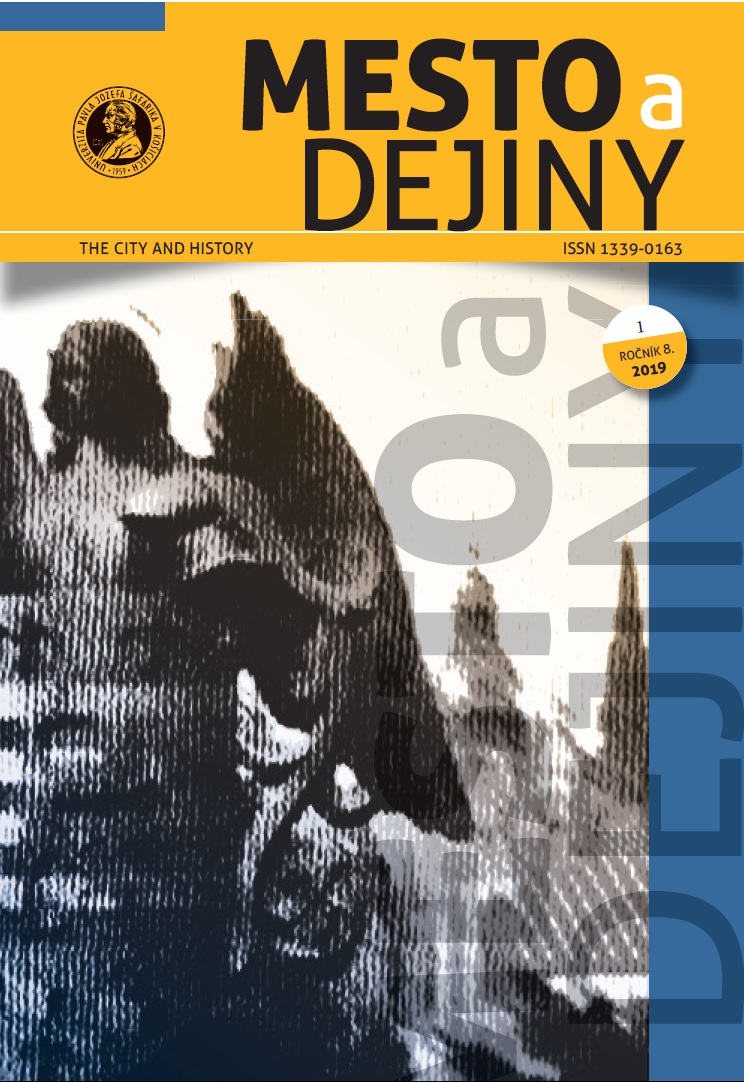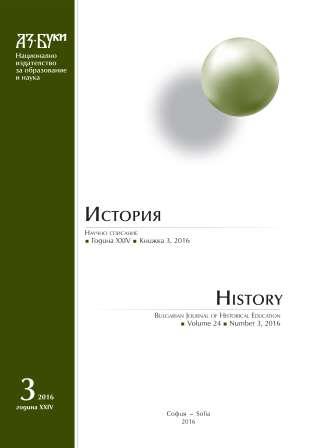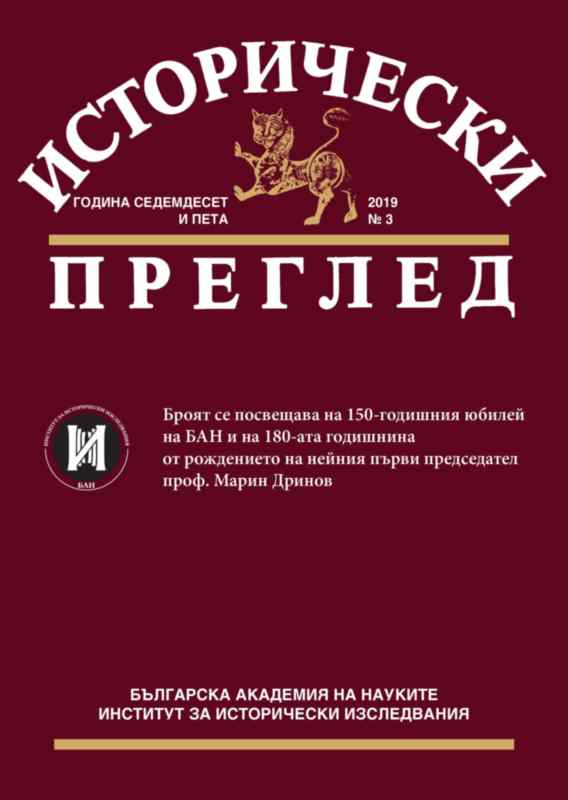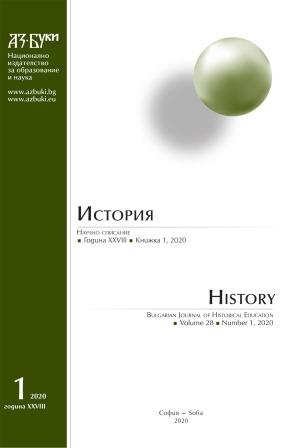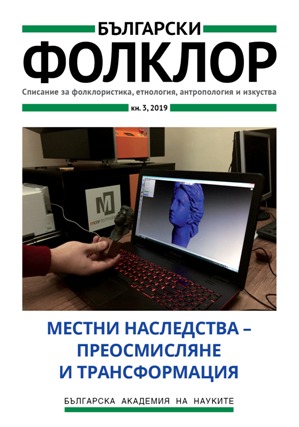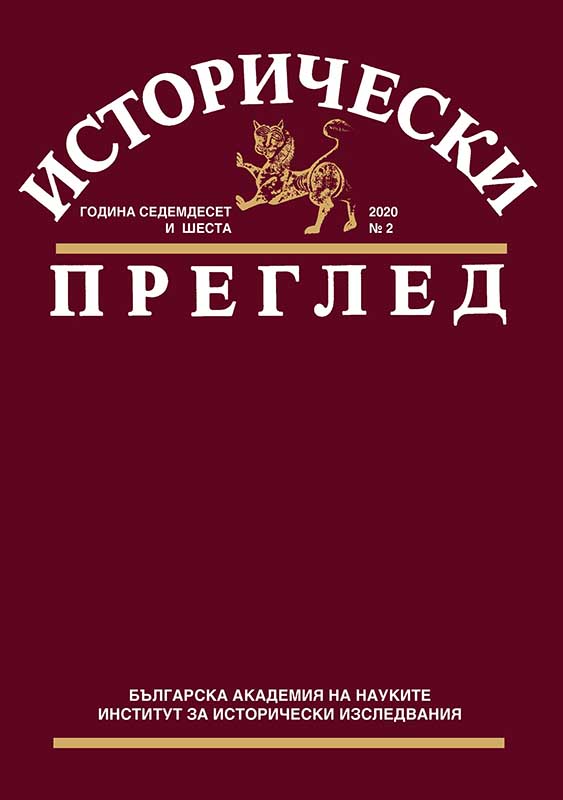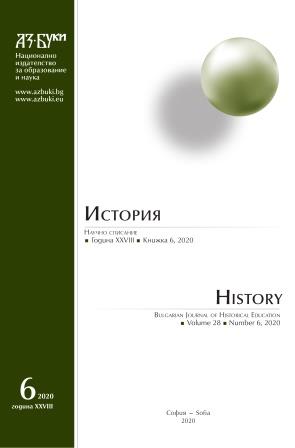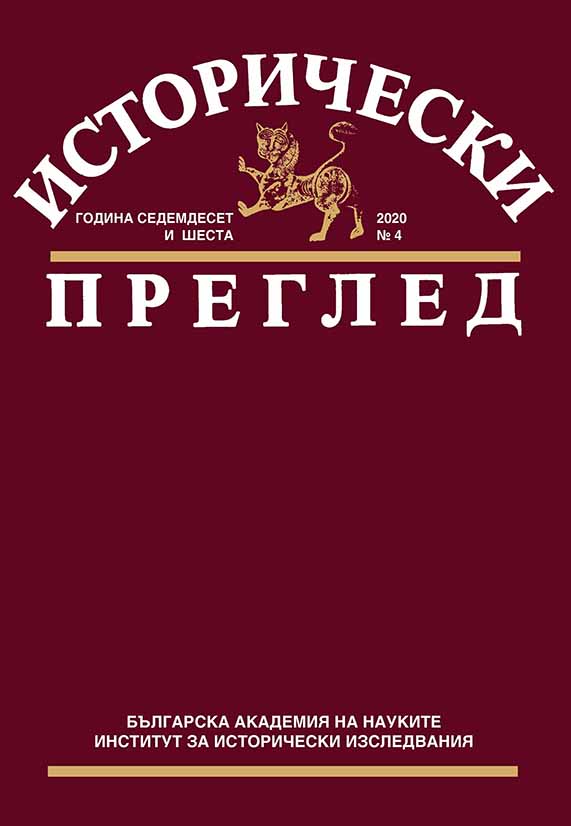«БЫТЬ ПОЛЯКОМ»: О НАЦИОНАЛЬНОЙ ИДЕНТИЧНОСТИ ПОЛЯКОВ САМАРСКОЙ ГУБЕРНИИ ВО ВТОРОЙ ПОЛОВИНЕ XIX – НАЧАЛЕ ХХ В.
The paper describes the institutions and mechanisms of national self-identification of members of the Polish diaspora in Samara province during the second half of the 19th – the beginning of the 20th century. The Polish diaspora in Samara consisted from exiled participants of the uprising of 1863–1864 and economic migrants. The national identity of Samara Poles is described with the help of statistics and official documents, because there are no private sources covering this problem. On the whole, 99.4% of Poles in Samara province were Catholics and 76.5% of Catholics in Samara city were Poles. The important organizations for preservation of the national identity were opened in the Catholic Church: school and library. The Poles tried to avoid inter-confessional marriages and gave their children traditional Polish names. The First World War increased the influx of refugees and led to a growth of activity of the Polish diaspora in Samara. During this period, Polish scout organizations and the club called “Polish House”, where Poles played in theatre and read lectures about Polish literature, appeared in the city. Samara Poles successfully resisted the assimilation processes by creating a system of institutions (religious, educational, and cultural), which allowed them to maintain and strengthen the national identity – “being the Pole”. It means that the Polish diaspora in Samara province, as well as the large Polonia, was a part of the entire Polish nation and contributed its collective experience to the development of modern Polish nation.
More...
